Indigenous Governance Database
nation building
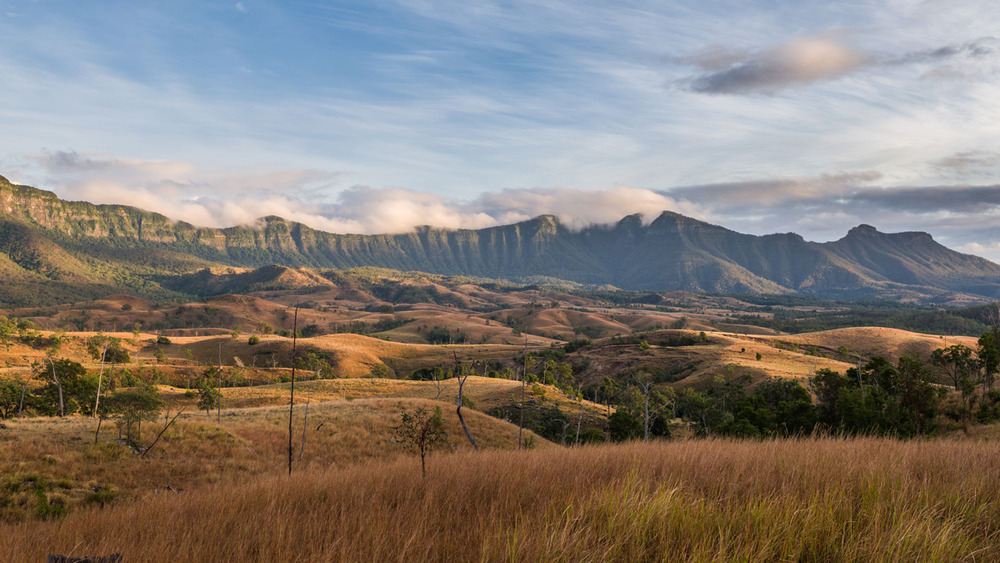
‘For the good of the Gugu Badhun people’: Indigenous Nation building, economic development and sharing as sovereignty
As part of an ongoing process of Indigenous Nation Building, Gugu Badhun Nation is engaged in developing an economy according to Gugu Badhun values. Rather than simply mimicking capitalism, the practice of visioning this economy begins with considering core cultural principles for the Nation.…
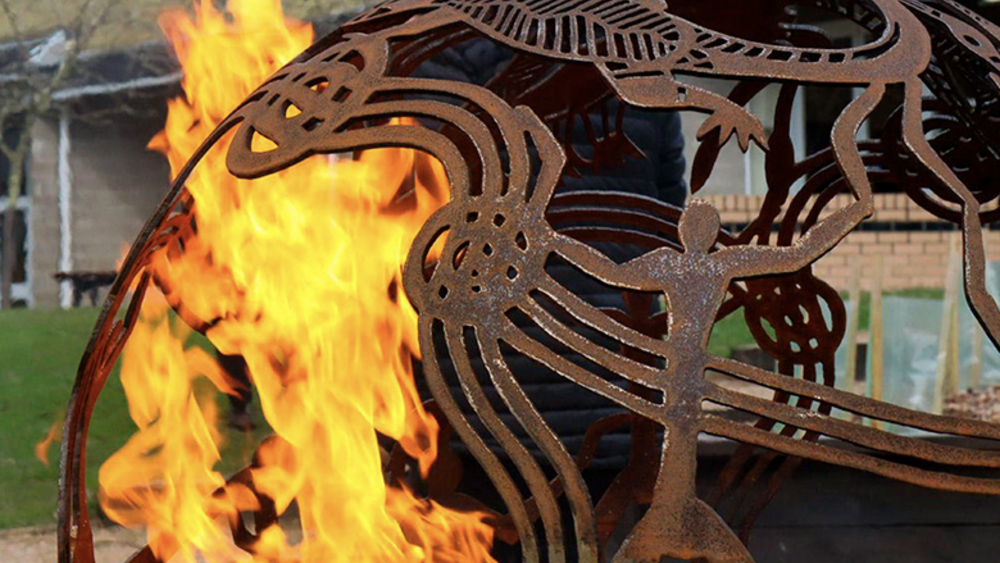
Gugu Badhun Sovereignty Sundays: An adaptable online Indigenous nation-building method
Nation-building research is a flexible approach to research that prioritises the voices and self-determination agendas of Indigenous Nations. This paper discusses our application of the Indigenous nation-building (INB) methodology in our research with Gugu Badhun Aboriginal Nation, Australia,…
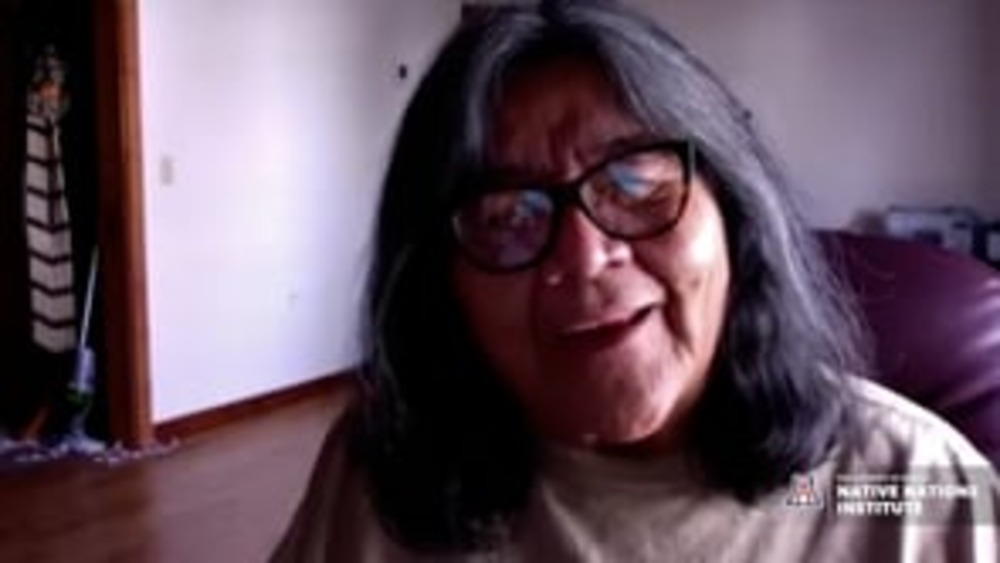
Indigenous Governance Speaker Series: A Message for Indigenous Women Leaders with Cecilia Fire Thunder (Oglala Sioux/Lakota)
The first woman to successfully run for president of the Oglala Sioux Tribe, Cecilia Fire Thunder shares valuable insight on being an impactful leader. Her wisdom includes stories about working with local and national governments and lobbying congressional leaders. She reflects on why and how she…
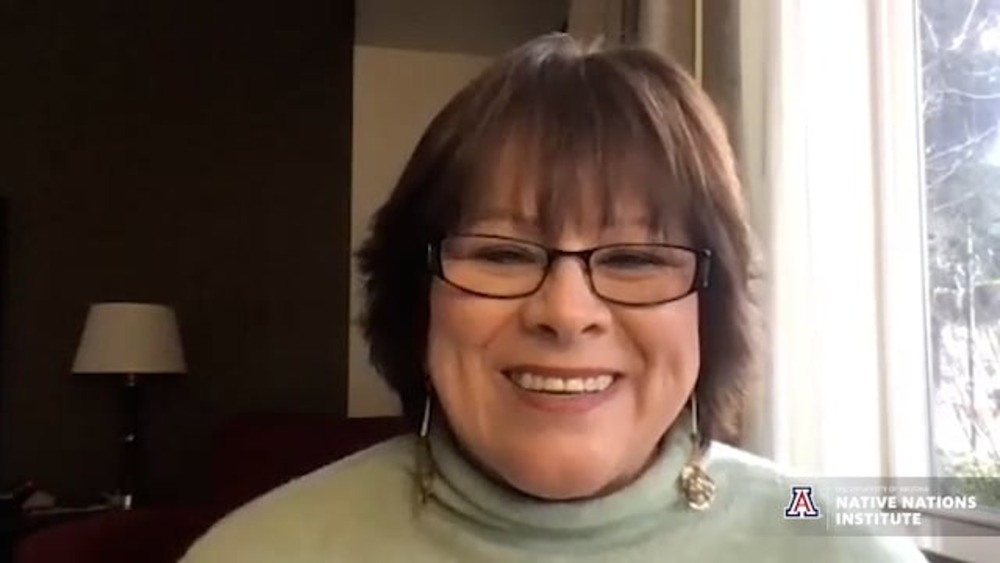
Indigenous Governance Speaker Series: How to Build a Nation with Susan Masten (Yurok)
Susan Masten (Yurok), former Chairwoman and valuable leader of the Yurok Tribe, joins the Native Nations Institute's Executive Director, Joan Timeche (Hopi), for an engaging discussion on Native nation building, specifically, how she actually helped build the nation. She was critical to the…
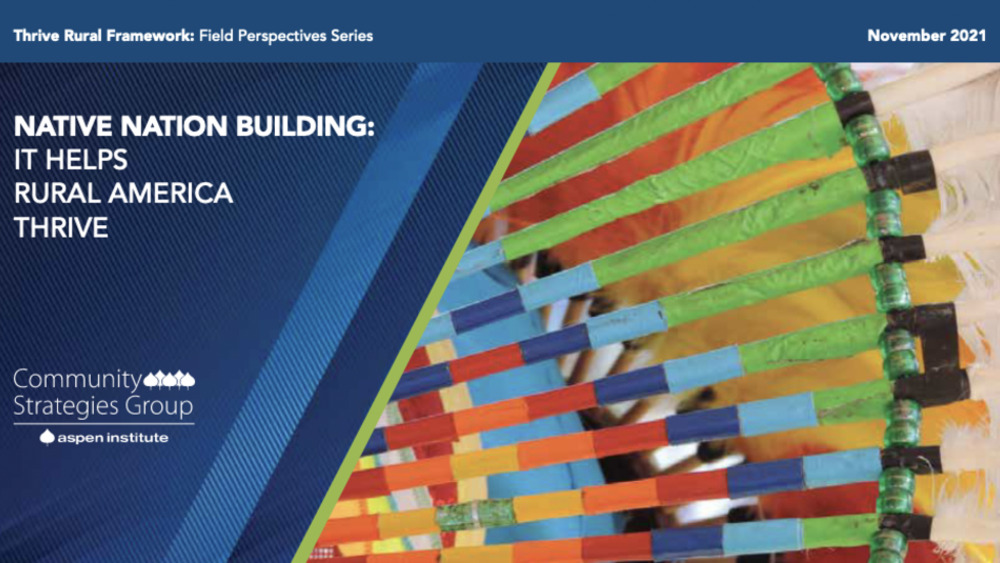
Native Nation Building: It Helps Rural America Thrive
This second paper in the Aspen Institute's Thrive Rural Field Perspectives series shows that when tribes center sovereignty, Indigenous institutions and culture in their development processes they increase the probability of reaching their development goals and can build community wealth that is…
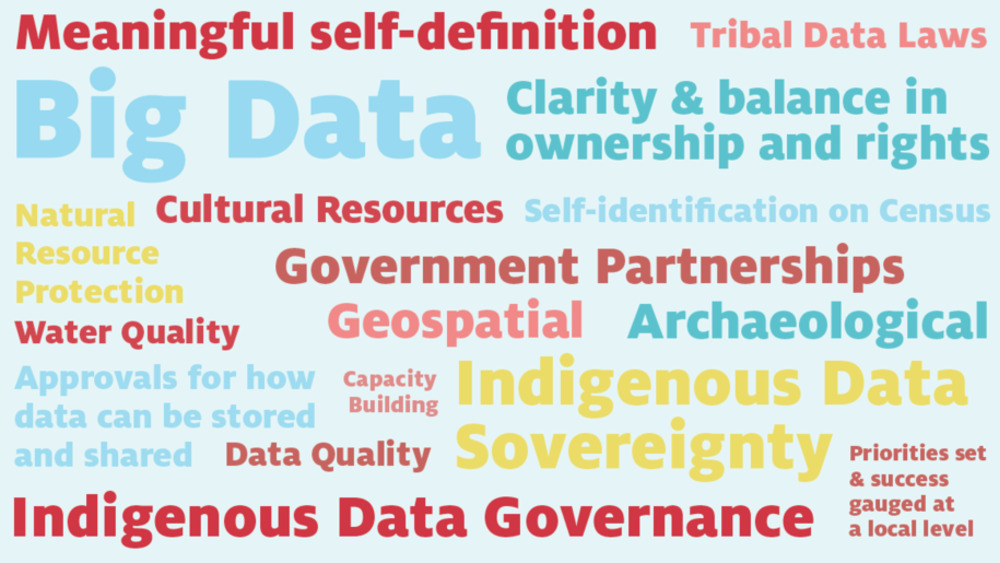
Principles of Indigenous Data Governance
Indigenous data, whether collected by national governments and institutions or gathered by Indigenous Peoples themselves, are integral for: decision-making; the exercise of collective rights to self-determination; the affirmation and application of Indigenous epistemologies; and fulfilling…
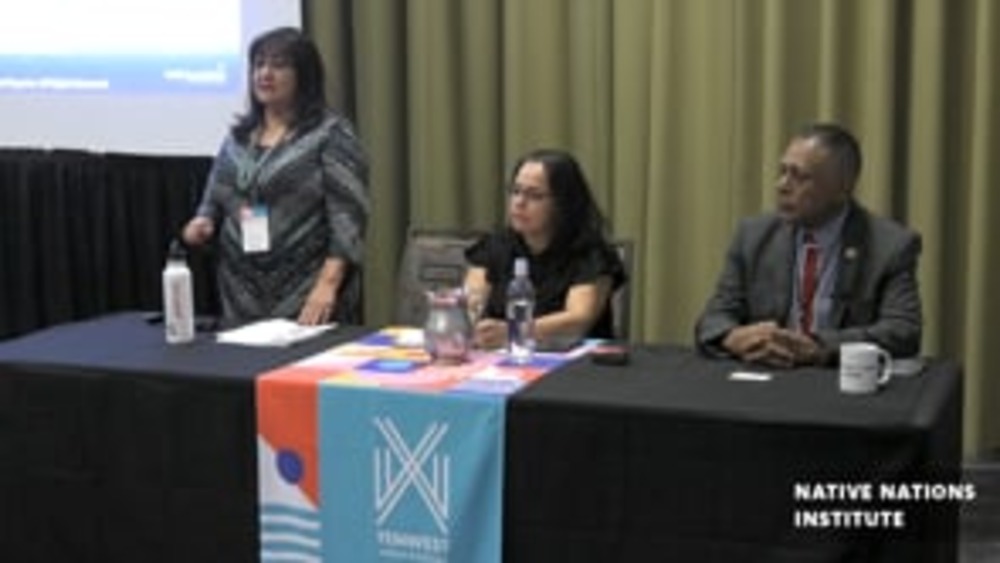
Navigating the Structures of Native Nations
Native Nations Institute presented a panel at TENWEST 2019 in Tucson called “Navigating the Structures of Native Nations.” Arizona is home to 22 Native nations, many whom are major economic drivers. Panelists presented an overview of Native nations including their socio-economic challenges,…
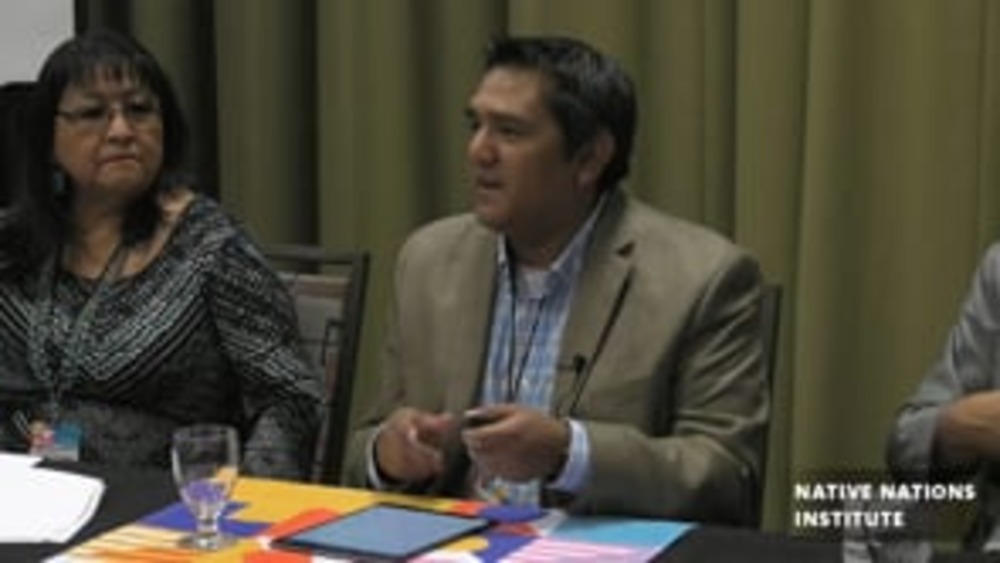
Meeting the Need for Higher Education and Professional Development
Native Nations Institute and the Indigenous Governance Program presented a panel at TENWEST 2019 in Tucson called “Meeting the Need for Higher Education & Professional Development.” The panelists presented a case study on how the Indigenous Governance Program (and a proposed School of…

Rebuilding Nations: The Next Generation
Turtle Mountain Ojibwe youth from North Dakota tell the story of their Tribe’s history and the importance of cultural revitalization today. Produced in partnership with Twin Cities PBS and producer/director Missy Whiteman. Special thanks to Dr. Twyla Baker, Alexis Davis, Colten Birkland, and Eddie…
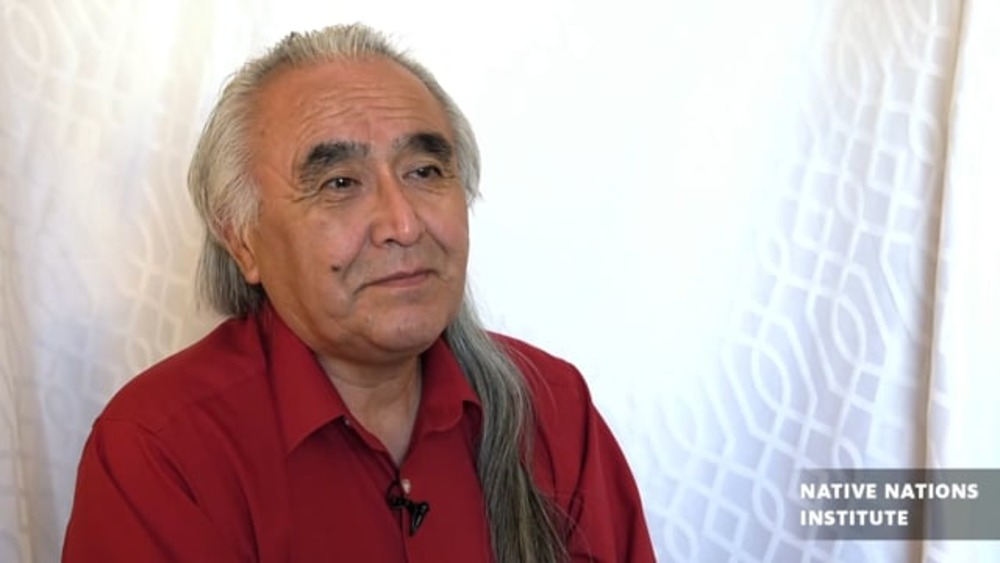
Jerry Isaac: Native Leader Experiences in Alaska
Jerry Isaac has been on the forefront of shaping indigenous governance in Alaska as former President of Tanana Chiefs Conference, former Chief for the Native Village of Tanacross, and a Board Member of Doyon Limited. He offers his perspectives about being a good leader and the…
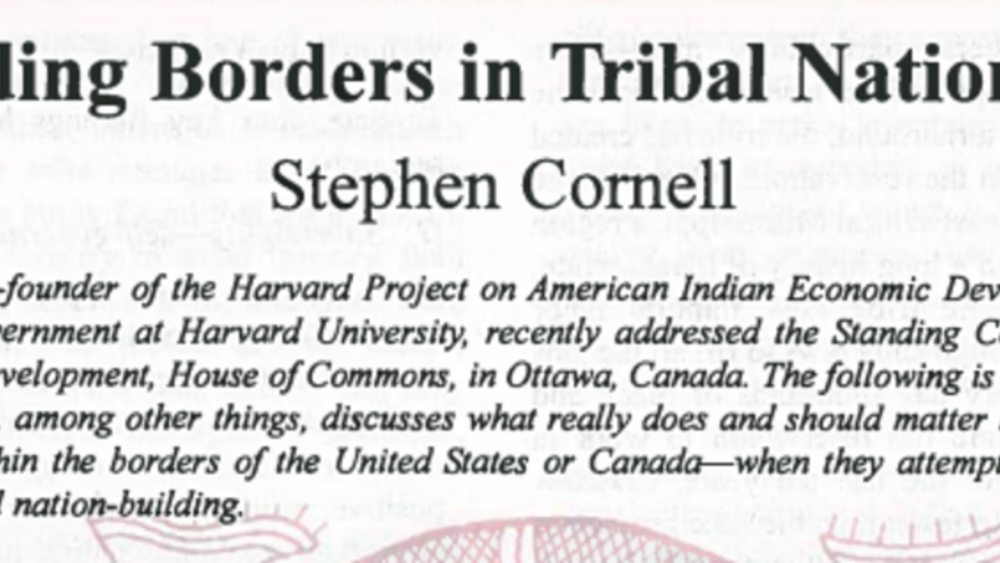
Transcending Borders in Tribal Nation-Building
Dr. Stephen Cornell addressed the Standing Committee on Aboriginal Affairs and Northern Development, House of Commons, in Ottawa, Canada. The following is the excerpted transcript from his address, which, among other things, discusses what really does and should matter to Indigenous peoples--…

Bitsi' Yishtlizhii Dine'é Binaaish Binahji' Yéego Bee Bidziilgo Deiílyeedígíí
The poverty of Indigenous North Americans, especially those living on reservations, has concerned Indian and federal policymakers for more than a century. After the treaty-making phase and the establishment of the reservation system, federal policies to address Native poverty vacillated between…
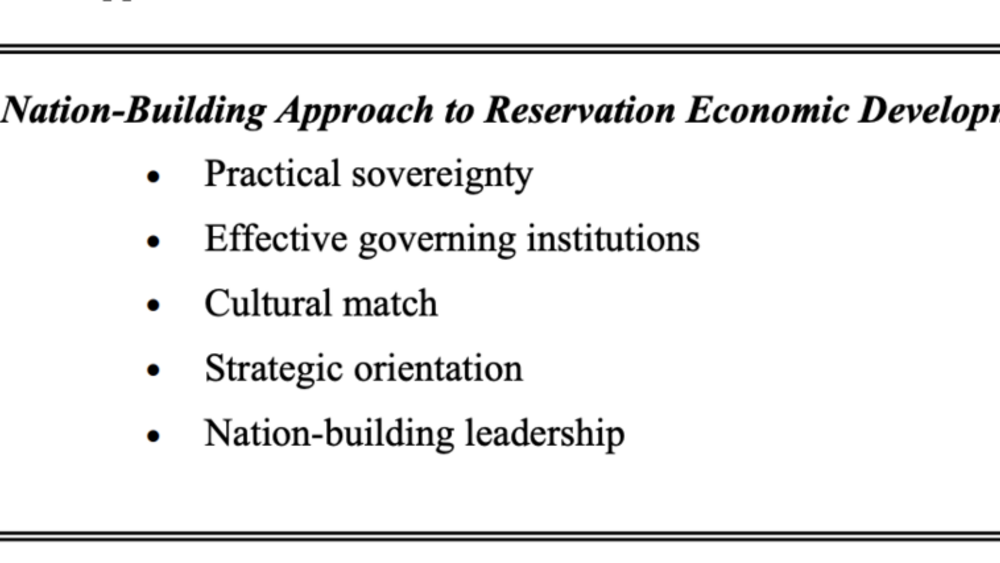
Two Approaches to Economic Development on American Indian Reservations: One Works, the Other Doesn't
As much of the world knows, American Indian nations are poor. What much of the world doesn't know is that in the last quarter century, a number of these nations have broken away from the prevailing pattern of poverty. They have moved aggressively to take control of their futures and rebuild their…
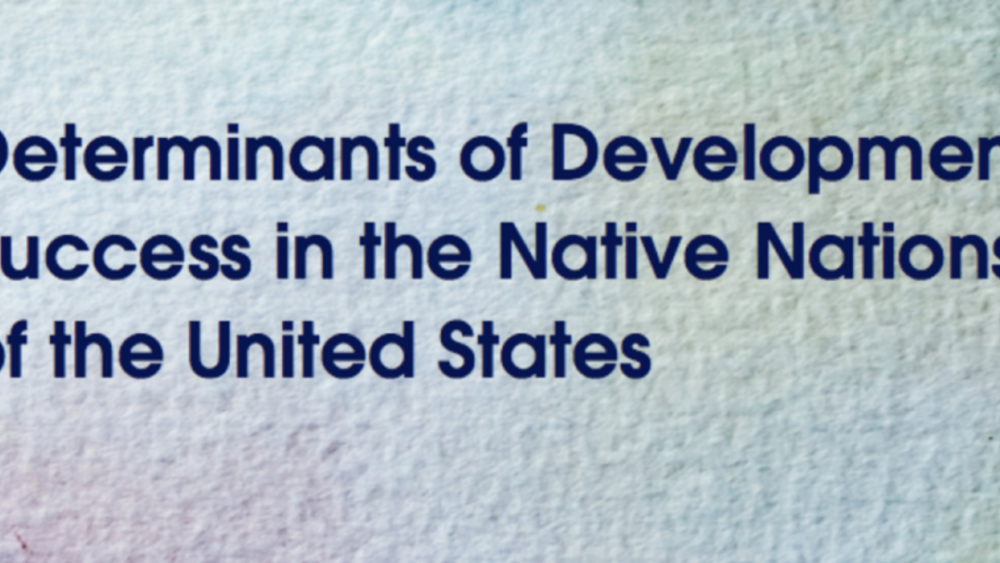
Determinants of Development Success in the Native Nations of the United States (English)
The poverty of indigenous North Americans, especially those living on reservations, has concerned Indian and federal policymakers for more than a century. After the treaty making phase and the establishment of the reservation system, federal policies to address Native poverty vacillated between…
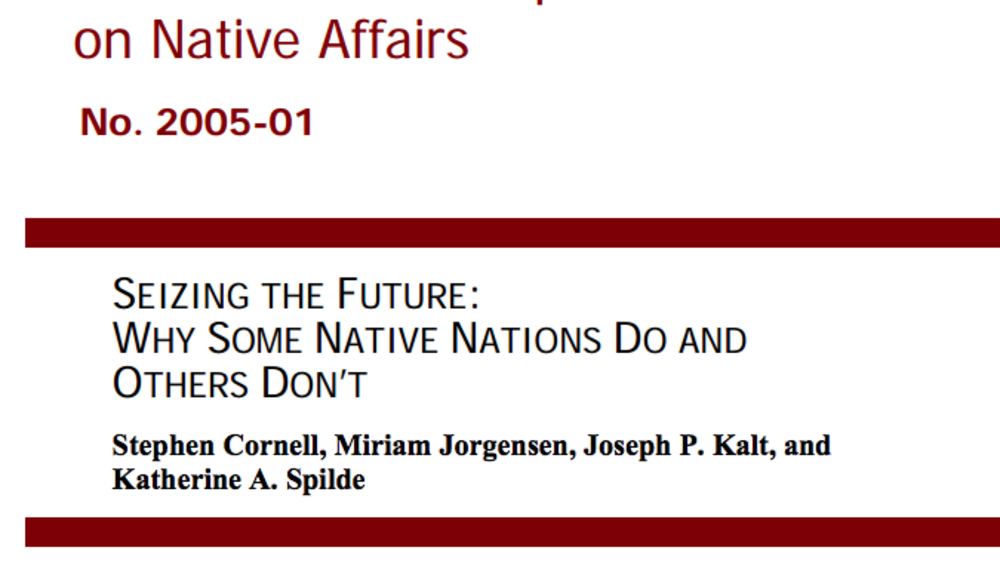
Seizing the Future: Why Some Native Nations Do and Others Don't
Both research and the experience among Native nations daily drive home the conclusion that the so-called "nation-building" approach holds the keys to self-determined social, political, and economic development for indigenous communities. This approach emphasizes the critical role of asserting…
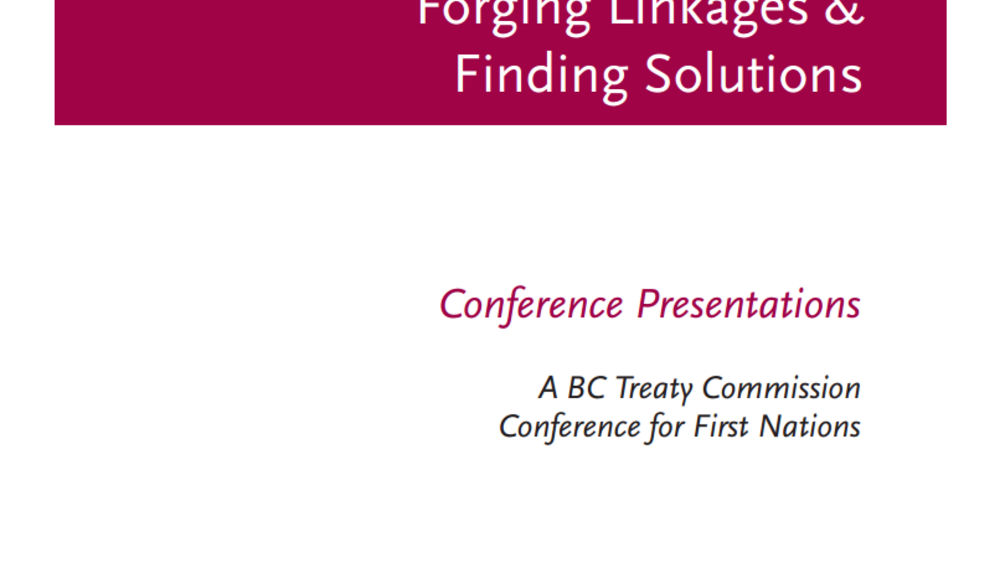
Rights, Governance, and the BC Treaty Process
The keynote address given at the BC Treaty Commission Conference for First Nations that discusses the rights, governance and the BC treaty process. Cornell emphasizes the fact that treating making can be more than a process. It can lead to the phenomenal concept of nation building that is sweeping…
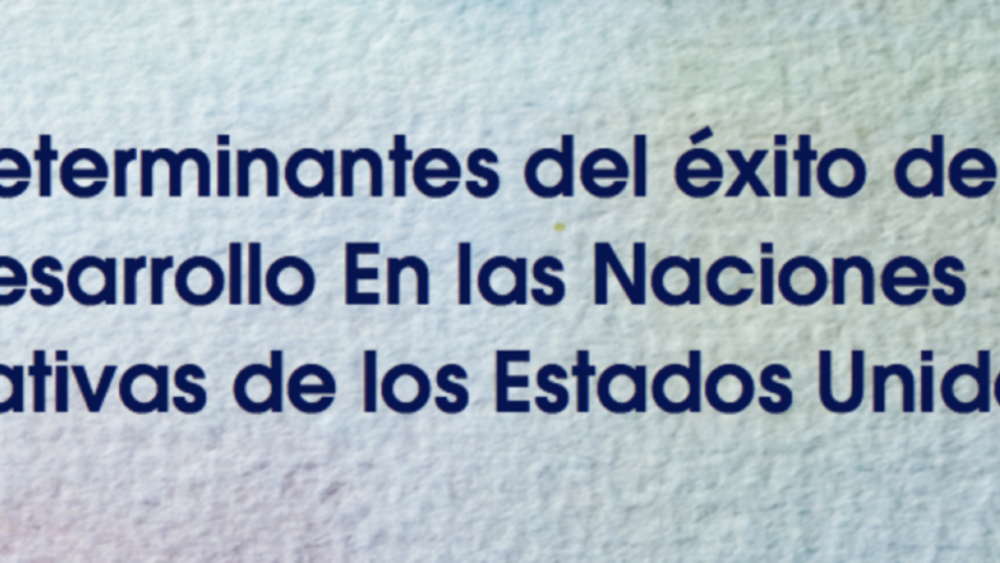
Determinantes del Éxito del desarrollo En las Naciones nativas de los Estados Unidos (Spanish)
La pobreza de los indígenas norteamericanos, especialmente los que viven en las reservaciones, han preocupado ambos políticos Indígenas y Federales por más de un siglo. Después de la fase de la fabricación del tratado y del establecimiento del sistema de reservación, las políticas federales para…
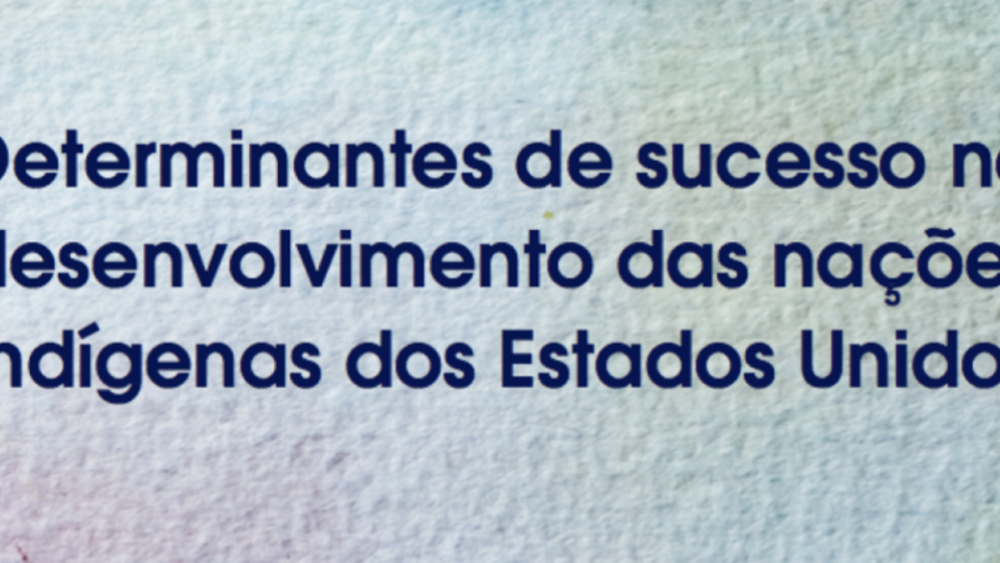
Determinantes de sucesso no desenvolvimentodas nacoes Indígenas dos Estados Unidos (Portuguese)
A pobreza dos indígenas norte-americanos, principalmente daqueles que vivem nas reservas, tem preocupado os responsáveis pela definição de políticas indígenas e federais por mais de um século. Depois da fase de negociação dos tratados e do estabelecimento do sistema de reservas, as medidas…
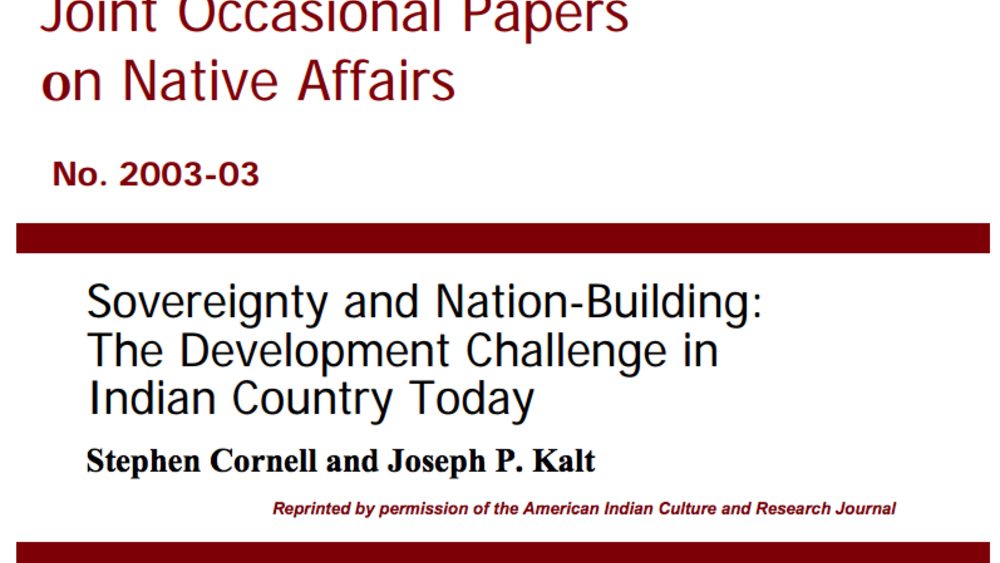
Sovereignty and Nation-Building: The Development Challenge in Indian Country Today
The Indian nations of the United States face a rare opportunity. This is not the occasional business opportunity of reservation legend, when some eager investor would arrive at tribal offices with a proposal guaranteed to produce millions of dollars for the tribe--although such investors still…
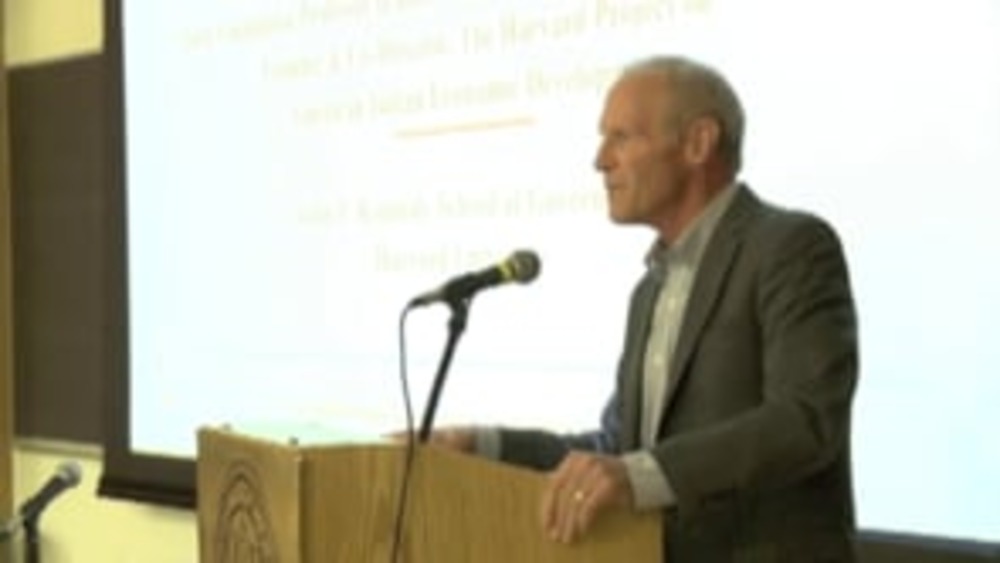
Good Native Governance: Lunchtime Keynote Address
UCLA School of Law "Good Native Governance" conference lunchtime keynote speaker, Joseph P. Kalt discusses research in the areas of good Native governance. This video resource is featured on the Indigenous Governance Database with the permission of the UCLA American Indian Studies…
